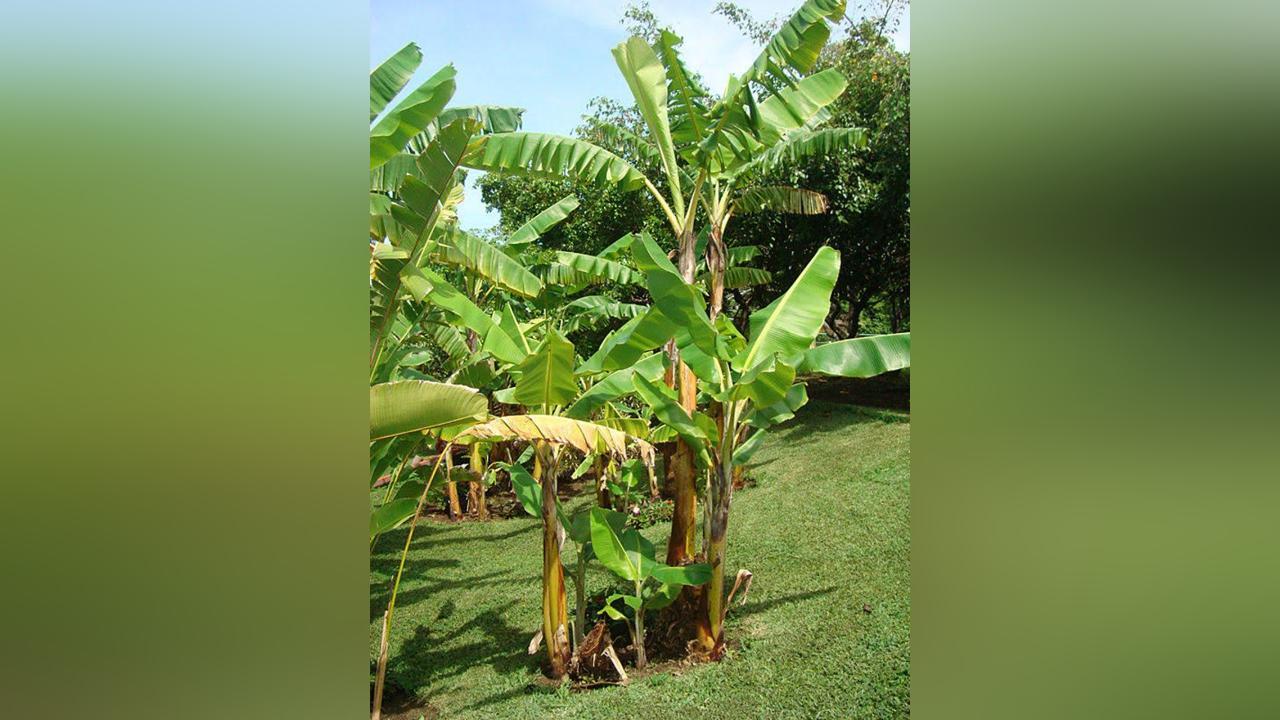Africa-Press – Ghana. The availability of irrigation facilities on plantain farms is crucial for maintaining the mass of plantain trees and preventing them from rampant falling
Dr. Natson Eyram Amengor, a Senior Research Scientist at the Crops Research Institute of the Council for Scientific and Industrial Research (CSIR-CRI), explained that plantain trees fall when they lose a lot of moisture and become light, adding that the slightest wind could topple the trees.
He said this can be prevented on controlled farms, where conditions including temperature, humidity and nutrient delivery among others are managed.
Explaining the current predominant fall of plantain trees, he said if proper irrigation facilities were in force “we will not see what is happening currently” and would ensure an all-year-round production, higher yields and reduce pests and diseases on the commodity.
The interview was on the sidelines of a project close out on discourse of improving the use of mechanized tools in plantain production in Ghana.
He said major challenges facing plantain farmers in Ghana included low mechanization of cultivation operations, inefficient marketing systems and poor post-harvest management causing loses.
Plantain is a vital staple in Africa and Ghana is the 4th most important starchy food crop destination, according to 2020 research by Olumba & Onunka.
The Ministry of Food and Agriculture (MoFA) in 2024 projected Ghana’s annual plantain production capacity at 4.7 million metric tons.
The crop has fibrous benefits, Vitamins A, C and B6 and minerals, and contains antioxidants and is relatively low in fat and cholesterol.
It contributed about 13.1 percent to the Agricultural Gross Domestic Product per the Food and Agriculture Organization Statistics (FAOSTAT) in 2016.
Dr Amengor said the rapid population growth in Africa had caused an increase in demand for staple foods including plantain and its products.
For More News And Analysis About Ghana Follow Africa-Press







